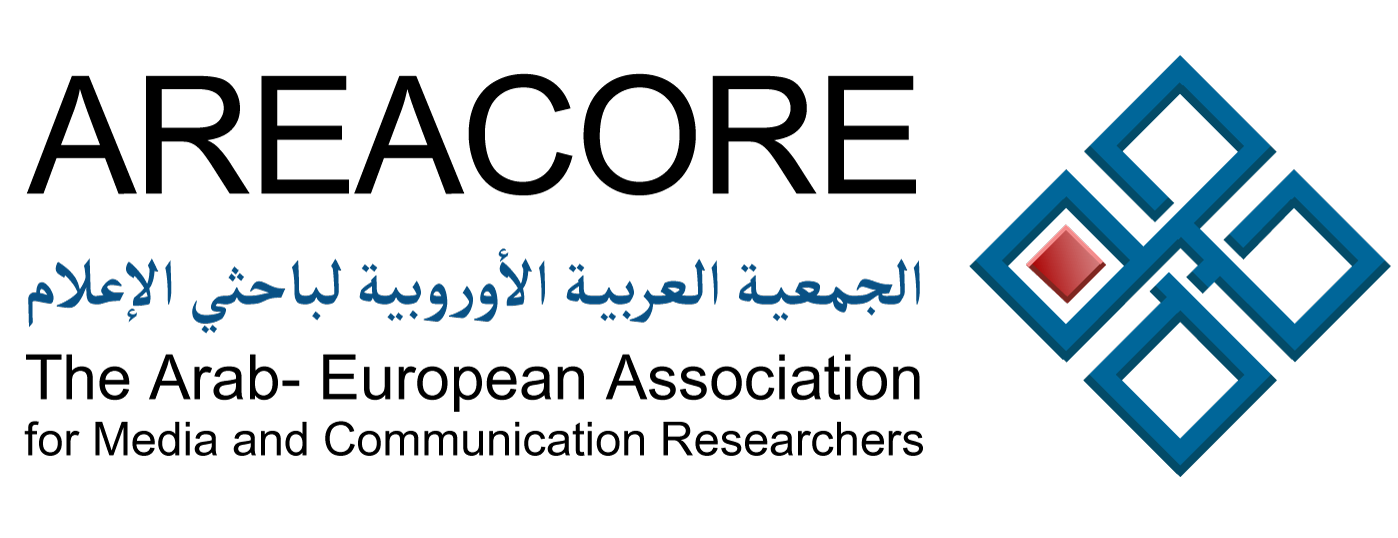by Bill Liederwald, Ronja Marten, Linda Otto, September 2017
Syria has a thousand-year-old history. The beginning of civilization, the time of Alexander the Great, the Ottoman Empire … and history has left its mark. However, conflicts have been smouldering in the country for decades. In March 2011 everything changed. After the torture and arrest of some children who had painted regime-critical slogans on a school wall, nation-wide protests against the Assad regime sparked off. Today, the conflict is more than just a struggle between opponents of the regime and its advocates. It took on proportions towards religion, culture and long-felt hostilities and the rise of the Islamic state has added another dimension to it. People took long and dangerous routes to escape terror and violence. The entire world looks on Syria. But the only ones, who really know what’s going on, are the ones, who have faced it. Journalists all over the country are reporting on the incidents. And there has never been such a diversified media landscape in Syria. But due to the situation and the lack of organization they are all acting on their own and that’s what makes them vulnerable. Yahya Alaous and Adnan Al Mekdad fled from Syria to save their lives and the lives of their families and children. They agreed to talk to us about the situation in Syria and their life as Syrian journalists in Germany. Frequent intimidation, arrests, abductions and murders constitute an extremely grim environment for the media in Syria. So, we asked Yahya Alaous and Adnan Al Mekdad how they experienced press freedom in Syria.
Yahya Alaous:
“I think, since a long time, the Syrian regime does not like press freedom. They are controlling every single magazine. And since more than 5 decades there is no private mass media in Syria. And this creates very severe problems for the journalists. So, it is very difficult.”
Adnan al-Mekdad:
“There is no free press. The police or the security checks your articles. It is not allowed to speak about the government, especially not about the ministry of defense or the president – or you should simply say “This is a good president.” There is no freedom. You should follow the procedures and the instructions that they give you.”
There is one agency for providing the news which is SANA. This agency gives you all the information about the government – and you need to take it!
Yahya Alaous:
“After the revolution in Syria started, the journalists face a lot of obstacles. I guess the majority of independent journalists has already left Syria. It is very severe. The independent journalists, the experienced ones, are in a very bad situation. And this is maybe an opportunity for citizen journalists.”
Citizen Journalists cover the conflict in Syria from within. Now, that a lot of journalists had to leave the country, because of persecution and war, what are the opportunities and risks of this new style of reporting?
Adnan al-Mekdad:
“The Social Media like Twitter, Facebook and Skype or something like that, everybody knows them in Syria. But not everybody has the courage to use them. Because if the police or the intelligence service catches the person, they are going to kill him. There are many victims. Some of our colleagues – we still do not know where they are or what is happening to them. Someone is maybe killed, someone is missing…”
They need more training because they do not know how to explain well or how to report professionally.
Yahya Alaous:
“Some of them start to report about local events. But they work in a very bad situation. Everybody knows – they do not have an academic background or studied. But they play a very important role. Day after day, month after month they became more professional.”
Now, that a lot of Syrian journalists are in Germany, there is the opportunity, that those experts can cover the war. But the German reality seems to be a different one.
Yahya Alaous:
“I think it is not easy to be a journalist in Germany. I know a lot of German journalists and they have a lot of difficulties. They cannot do this job as a real job because they do not get enough money. And now you can imagine what is the situation for us as journalists in exile. We do not speak the language and we do not have enough knowledge about what is going on.”
Adnan al-Mekdad:
“We try to explain what is going on in Syria, but we do not how the media here work or who is behind each media outlet. They speak in all media in Germany about a civil war in Syria – but this is not a civil war.”
Integrating foreign journalists into another media system isn’t easy, but without support their voice might be lost soon.
Yahya Alaous:
“I am still watching some German TV programs who are depending on German experts who are explaining the situation in Syria. This is very bad. I know some people who have never been to Syria and they explain on TV about Homs and Aleppo and Damascus. And I am sure that they do not know anything practically about it. Maybe they have just read something or had been there for 6 months. This is not enough to get a good idea about our situation in Syria.”
“I think there are a lot of energy and abilities among the Syrian journalists, but nobody takes care of them. Nobody. I think if there was a data base for the Syrian journalists or the experts or political activists, they would be able to give a better idea about the situation in Syria than the Germans do.”
